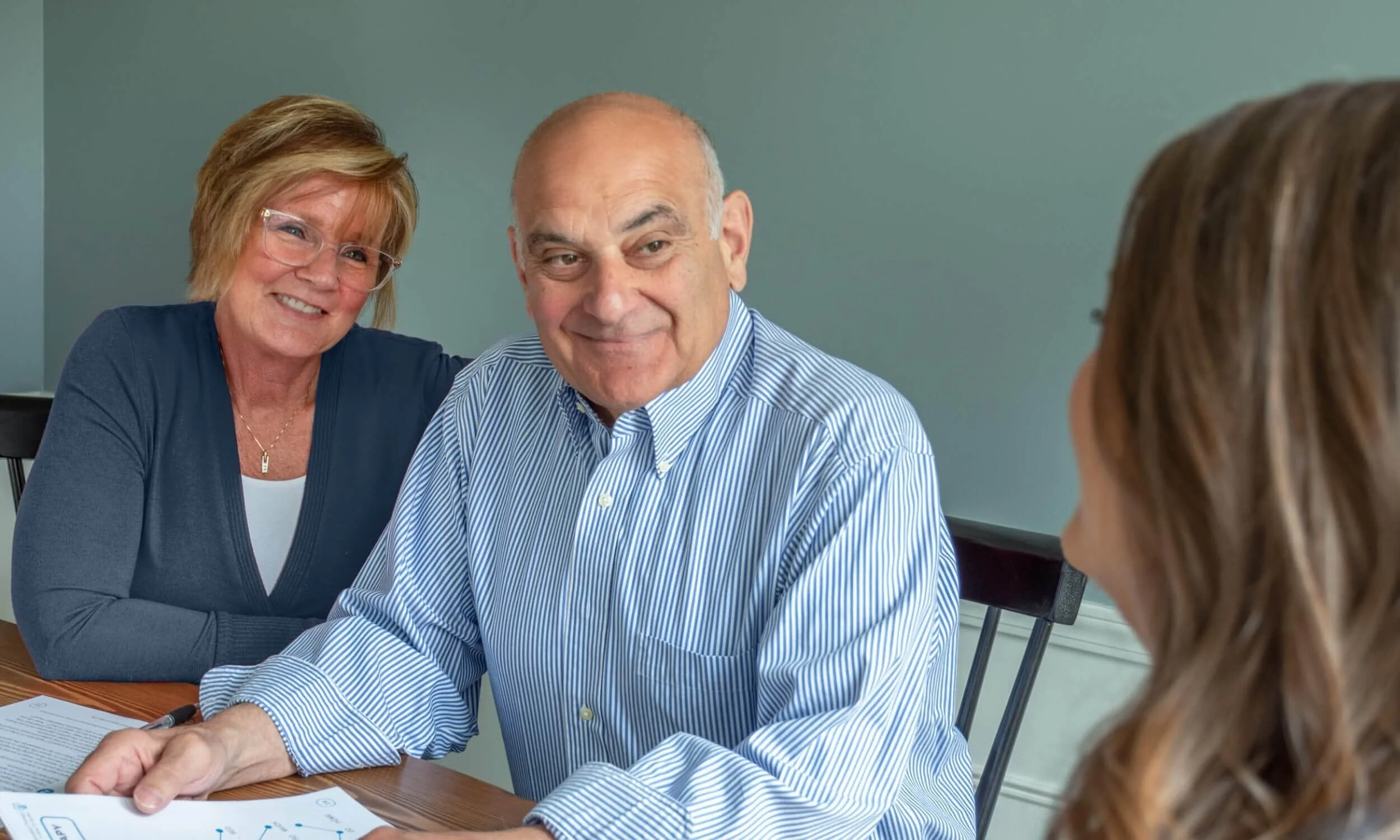
Speech Therapy for Aphasia
Have you sustained a stroke or other brain injury that affected your speech and language? You may have aphasia. We can help!
There are four components of language. Any or all of them can be impacted by aphasia. Here are some common symptoms:
SPEAKING
Difficulty finding words
Speaking in single words or phrases
Leaving out smaller words when speaking (e.g., the, of, was)
Substituting sounds or words (e.g., “chair” for ‘table’ or “feletone” for ‘telephone’)
Making up words
LISTENING
Difficulty understanding what others are saying in conversation
Trouble answering questions
Requiring extra time to understand
Answering unreliably to yes/no questions
Trouble understanding complex sentences
READING
Difficulty reading single words or sentences
Having difficulty recognizing some words by sight
Having the inability to sound out words
WRITING
Difficulty writing letters, words, or sentences
Writing run-on sentences that don't make sense
Writing sentences with incorrect grammar
Speech Therapy for Adults
At Neuro Speech Solutions, we believe that there is no such thing as a plateau. The brain can always make new connections. Progress can happen even years after a stroke or brain injury! We will work with you on your goals and make them as functional and applicable to your real-life as possible.
Enhance your communication skills, improve social interaction, boost confidence and independence, and receive invaluable support from fellow participants facing similar challenges.
JOIN OUR APHASIA GROUP!
We meet every Tuesday at 3:30 PM
After a stroke or brain injury, you may also experience changes in speech. Here are common symptoms:
Speech that is difficult to understand (e.g. slurred or mumbled)
Slow or fast rate of speech
Substituting, distorting, or deleting speech sounds in words
Difficulty imitating sounds
Monopitch sounding speech
Difficulty with movement of the tongue, lips, or jaw
Short rushes of speech
Speaking in short phrases due to difficulty breathing
Reduced loudness
Abnormal voice quality (e.g. rough, breathy, strained, harsh, hoarse)







Have you ever had "tip of the tongue syndrome?" When you know the word you want to say, but you just can't quite get it out? This phenomenon is called anomia, and although these word-finding difficulties happen to all of us at times, anomia generally occurs much more frequently after a stroke or a traumatic brain injury. Here are 5 strategies to try when you have trouble with word-finding. 3 Min Read